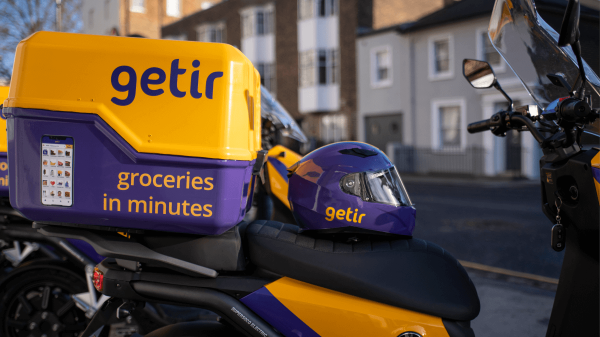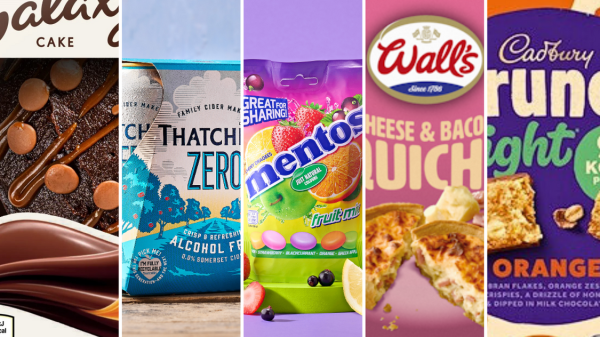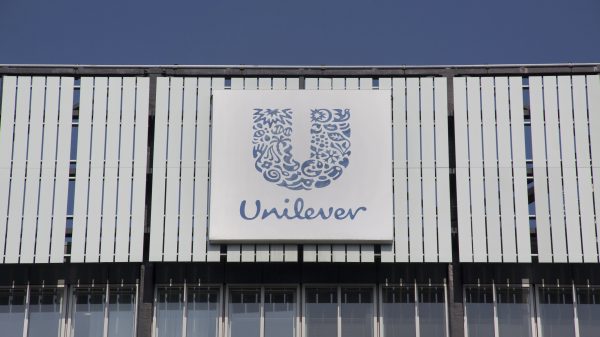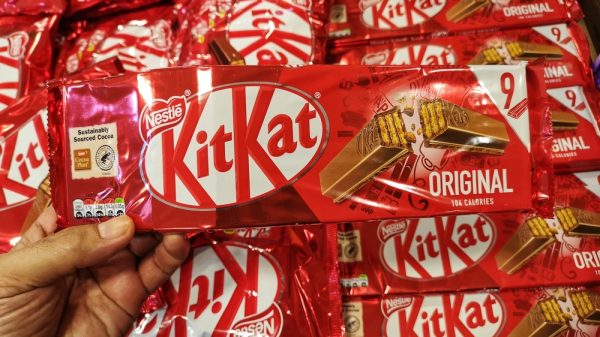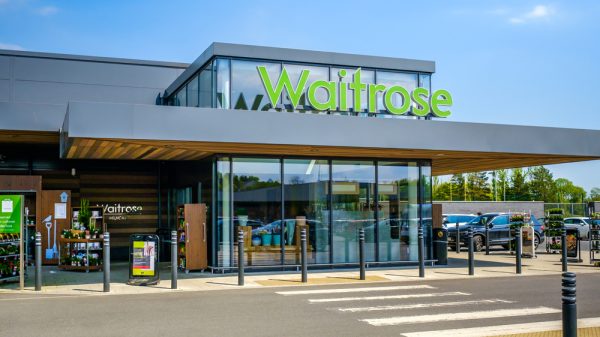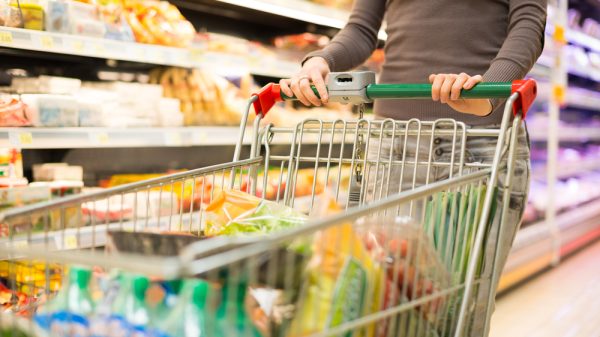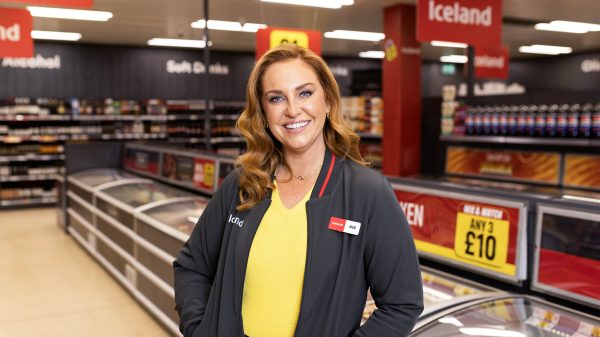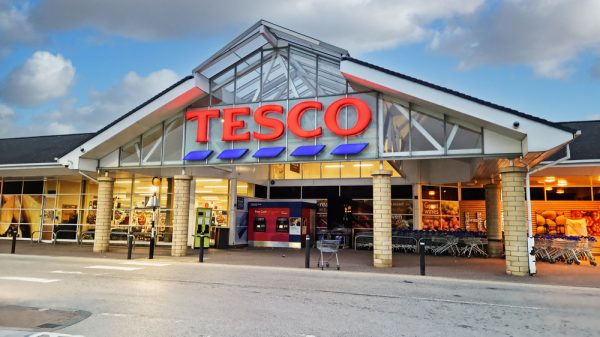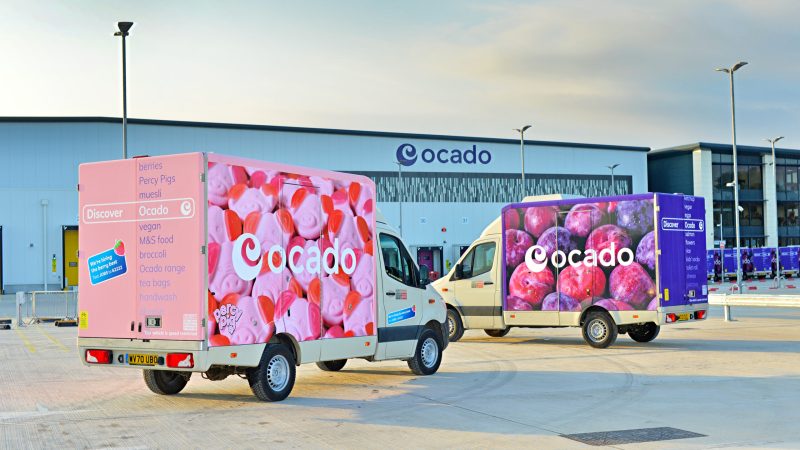Grocery bills are set to rise by an additional £380 over the course of the year while like-for-like supermarket prices have risen by 8.3% over the past four weeks, according to the latest take-home grocery figures from Kantar.
The data also revealed that discounters continued to perform well as supermarket sales fell by 1.9% during the 12 weeks to 12 June 2022, the best market performance since October last year.
The most recent four-week period – which saw shoppers spending an extra £87 million during the week of the Platinum Jubilee celebrations – saw sales grow by 0.4% versus the same period in 2021.
Despite this glimmer of positivity, inflation remains a key challenge for the sector. Like-for-like grocery prices rose by 8.3% over the past four weeks, up 1.3% on May’s figures and hitting the highest level in 13 years.
“The sector hasn’t been in growth since April 2021 as it measures up against the record sales seen during the pandemic,” said Kantar’s head of retail and consumer insight, Fraser McKevitt.
“The inflation number makes for difficult reading and shoppers will be watching budgets closely as the cost-of-living crisis takes its toll.”
He added: “Based on our latest data, the average annual grocery bill is on course to rise by £380. This is over £100 more than the number we reported in April this year, showing just how sharp price increases have been recently and the impact inflation is having on the sector.”
READ MORE: Food prices are a big worry for 76% of Britons
Lidl was once again the fastest growing grocer for this period, with sales up by 9.5% over the 12-week period to reach a 6.9% market share. Sales at Aldi rose by 7.9%, taking its market share to 9% – just 0.6% behind Morrisons.
Tesco continued to out-perform the market, boosting its market share up to 27.3%. Sainsbury’s now holds 14.9% of the market, while Asda has 13.7% and Morrisons 9.6%.
Convenience retailer Co-op accounts for 6.2% of sales, while Waitrose holds 4.8%, Iceland held its market share flat at 2.3% and online retailer Ocado retained its 1.8% slice of the market.
Consumers are taking steps to manage rising prices, with sales of branded items down by 1% as shoppers opt for cheaper products. McKevitt said sales of own-label products have grown by 2.9% – partly boosted by “strong performances” from both Aldi and Lidl.
He added: “We can also see consumers turning to value ranges, such as ASDA Smart Price, Co-op Honest Value and Sainsbury’s Imperfectly Tasty, to save money and together all value own-label lines grew by 12%.”
At the same time, store footfall jumped by 3.4% over the latest four weeks, while online fell to 12% – its lowest market share since May 2020 and the 12th consecutive month of decline.
“As well as the return to pre-Covid habits, this drop could be the result of shoppers looking to cut costs by avoiding delivery charges,” said McKevitt.
Click here to sign up to Grocery Gazette’s free daily email newsletter

